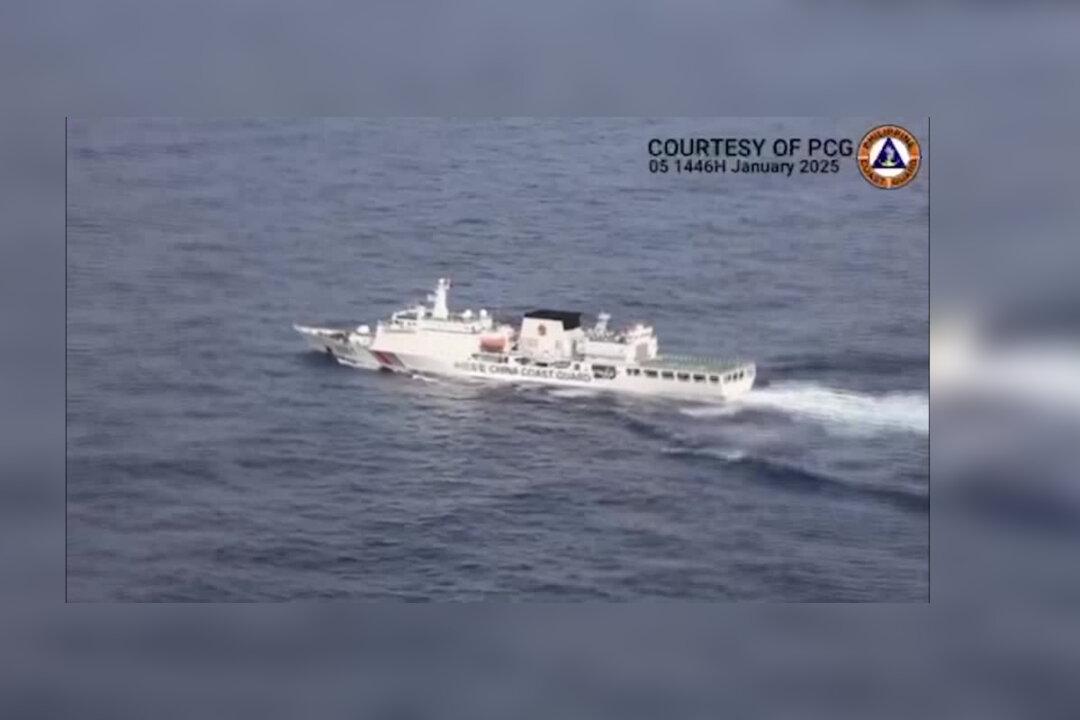A Chinese national was arrested in the Philippines for allegedly conducting surveillance operations on military facilities.
At a press conference in Manila on Jan. 20, the Chinese suspect was identified as Deng Yuanqing, whom local investigators said is affiliated with the Army Engineering University of the People’s Liberation Army in China.





